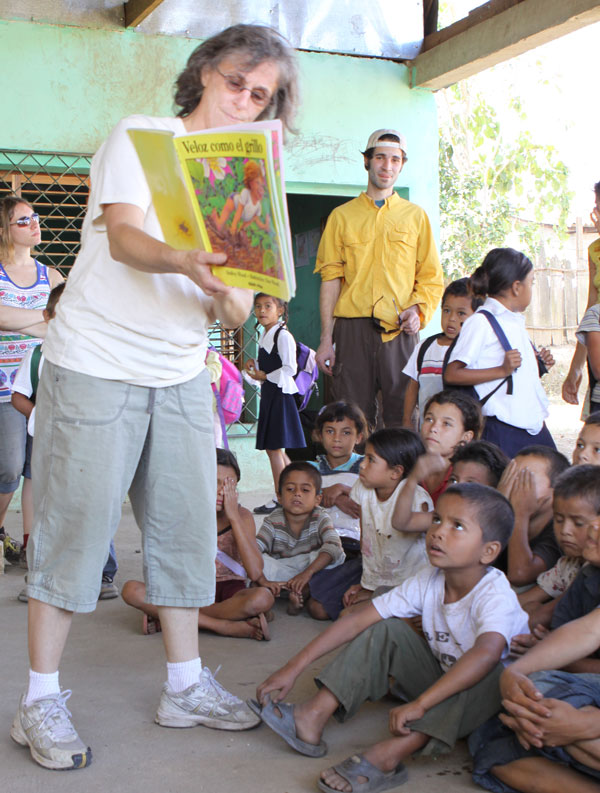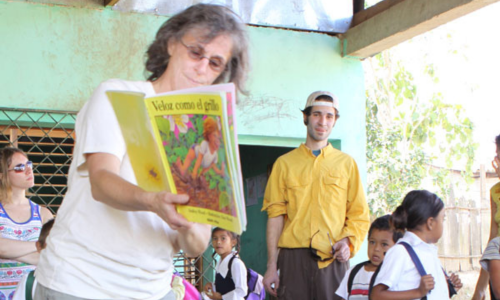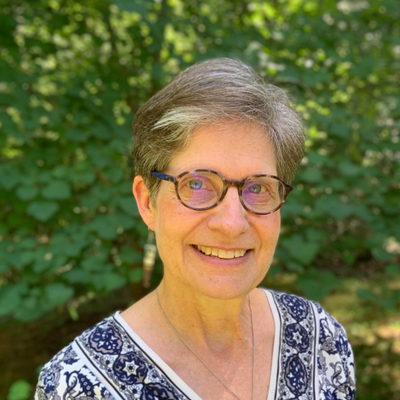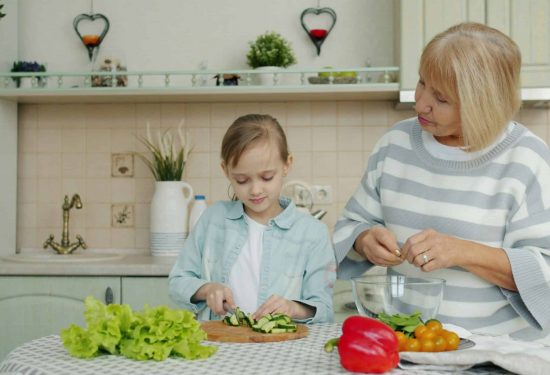For Boulder, Colorado, grandmother Deborah Young, a day with “the grandlittles” begins with a walk outside, greeting the neighborhood with, “Hello world, we are coming to see you!” Close observation and connection with the natural and human worlds “gives us stories to share for the rest of the day or maybe the lyrics for a song we make up when we play ‘rock and roll band,’” she says. But after decades of caring for and teaching young children, Deborah isn’t just keeping her little ones safe and learning. She’s also empowering communities of Family, Friend and Neighbor (FFN) caregivers and creating a contagious sense of belonging that is a source of strength and joy for generations to come.
The seed for Young’s vision of child care as community building sprouted when she was a 20-year-old single mom trying to stay in college and care for an infant. As a student, she and her best friend, Jane Farb, established Boulder’s first infant care center (which eventually was absorbed by Boulder Day Nursery). In the 40 years since, that tiny sprout has blossomed into a multitude of caring communities made up of neighbors, home-based providers across the state and internationally, a global nonprofit working to reduce poverty, Latinx immigrants, hundreds of early-childhood education teachers in training, refugees, student moms, and her own grandchildren. Through her work with and for these communities, Young has directly and indirectly cared for thousands of children and their families.
After college, when her son was a toddler, Young added business and early childhood education credentials to her portfolio by opening a home-based preschool. For herself and for children, she sees education as a pathway to living the life you’ve imagined. So even while she was caring for her own and neighbors’ children, she was also going to school herself—eventually earning a master’s degree in Curriculum Development and Foundations from the University of Boulder and a Ph.D. in Educational Leadership and Innovation from the University of Colorado–Denver focusing on using early childhood care and education as a way to transform communities.

Young’s experience and her education focused her passion on the caregiving work FFN caregivers do around the world. In 1984, after a trip to Nicaragua where she witnessed the everyday suffering caused by poverty and war, she founded a nonprofit to connect moms and others caring for children to resources that buttressed the well-being of whole communities. Here at home, through Empowering Communities, her work has focused on empowering immigrant and refugee women in Colorado to transform the work they do everyday—taking care of their own and others’ children—into small businesses that financially sustain them and their communities. “Traditionally, these women are fearful of entering any kind of official system because they come from places where that was dangerous. They are emerging English language learners. Many are low-income. All are refugees and immigrants. So, we work really hard to get information into their languages, into infographics that they can access. We hold listening sessions with bilingual notetakers. We ask them for their ideas, their solutions. And we are intentional about involving the husbands too, because when the husbands say, ‘Yes, I want my wife to be educated, to be able to work because if something happens to me, she will be able to take care of our family,’ then everyone is on board. That foundation of trust and understanding, based in a community that already values their children so much, is what makes it work in a multi-lingual, multi-cultural space.”
Perhaps the most remarkable aspect of Young’s work over five decades is her ability to reach her arms around multiple communities and multiple generations and bring them all together with one common purpose: raising healthy, happy children. As a professor and trainer, she prepares and inspires young people to enter the early childhood education field. As a member of Home Grown’s Leading from Home Initiative, she fosters collaboration and solution-building among veteran home-based child care providers from across the nation. And, just as importantly, she continues to care for young children. A few days each week, half a dozen children, including her own grandlittles and, often, former students’ children spend their day with grandma, taking nature walks, making music and learning together.
“Everyone needs to feel like they belong, and that their knowledge and ideas and humanity really matter,” she says. “I just listen to people and get them talking to each other. When we do that, we see that everything we need is already in our community. All the knowledge is there. All the answers are there. We can take care of each other.”




